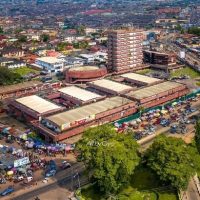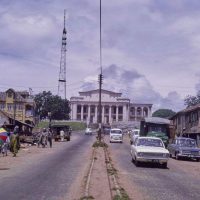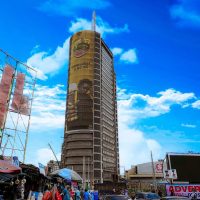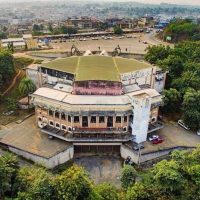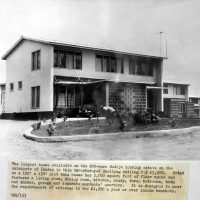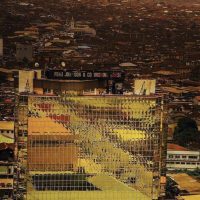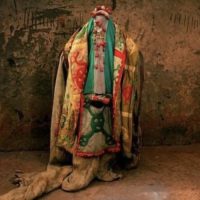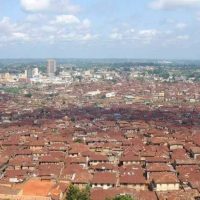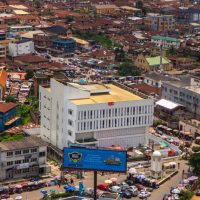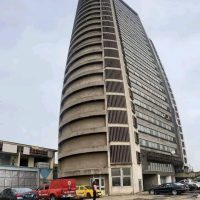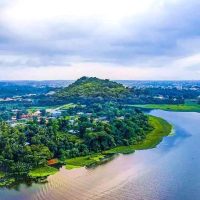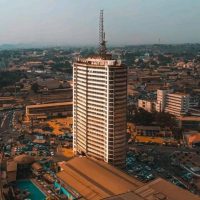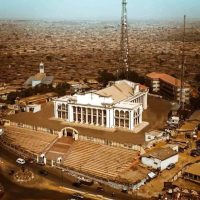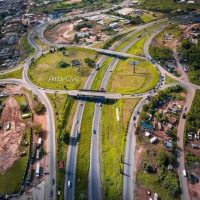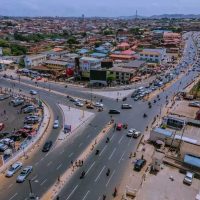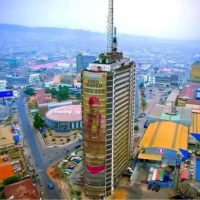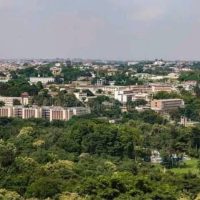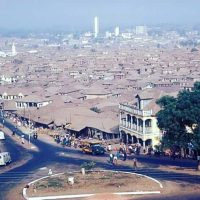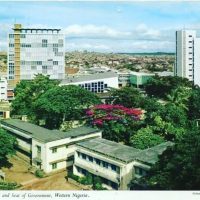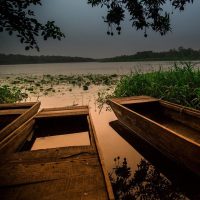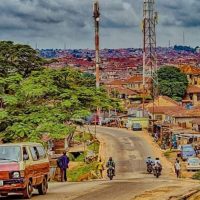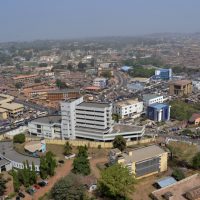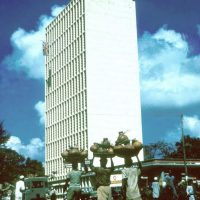Ibadan (Ìbàdàn), is the capital city of Oyo State. Ibadan is reputed to be the largest indigenous city in Africa, south of the Sahara. It had been the centre of administration of the old Western Region, Nigeria since the days of the British colonial rule. It is situated 78 miles inland from Lagos, and is a prominent transit point between the coastal region and the areas to the north. Parts of the city’s ancient protective walls still stand till today, and its population is estimated to be about 3,800,000 according to 2006 estimates. The principal inhabitants of the city are the Yoruba. At Nigerian independence, Ibadan was the largest and most populous city in the country and the third in Africa after Cairo and Johannesburg. IBADAN has eleven (11) Local Governments out of the present thirty three (33) Local Governments in Oyo State.
The rapid growth of Ibadan was also rooted in Yoruba mythology. It was claimed that the section of the Ifa oracle that established the city is Ose Meji which foretold the enormous and almost limitless growth and expansion of the city. By 1893 when Pax Britannia was signed, Ibadan has conquered most of the Yoruba towns and established its authority through the Ajele system over all conquered towns. One could see from the inception of the town that it had all the ingredients for growth into an urban centre. After the cessation of wars resulting from the Pax Britannia, the warrior settlers invested their energies into agriculture. Thus, they moved to cultivate the adjoining territories around the settlement. The big warrior chiefs took possession of the immediate surroundings and engaged their slaves captured during the wars to cultivate the land. Lesser chiefs moved further out of town to establish their own farms. This explains the dual settlement pattern of Ibadan indigenes who always have a city abode as well as a village abode. The village abode is an integral and inseparable part of the city and is subject to the same authority controlling the city.
The growth of a city can be measured in three dimensions: population, geographical size/spread and physical facilities. The data on each of these three dimensions indicate a trend towards the emergence of Ibadan as a mega-city.
Ibadan, surrounded by seven hills, is the second largest city in Nigeria. It came into existence when bands of Yoruba renegades following the collapse of the Yoruba Oyo Empire, began settling in the area towards the end of the 18th century; attracted by its strategic location between the forests and the plains. Its pre-colonial history centered on militarism, imperialism and violence. The military sanctuary expanded even further when refugees began arriving in large numbers from northern Oyo following raids by Fulani warriors. Ibadan grew into an impressive and sprawling urban center so much that by the end of 1829, Ibadan dominated the Yoruba region militarily, politically and economically.
The area became a British Protectorate in 1893. By then the population had swelled to 120,000. The British developed their new colony to facilitate their commercial activities in the area, and Ibadan shortly grew into the major trading center that it is today. The colonizers also developed the academic infrastructure of the city. The first university to be set up in Nigeria was the University of Ibadan (established as a college of the University of London when it was founded in 1948, and later converted into an autonomous university in 1962). It has the distinction of being one of the premier educational institutions in West Africa, and there is a museum in the building of its Institute of African Studies, es, which exhibits several remarkable pre-historic bronze carvings and statues. Other noteworthy institutions in the city include the University College Hospital, the first teaching hospital in Nigeria and the internationally acclaimed International Institute of Tropical Agriculture (lTTA).
The city has several well stocked libraries, a zoological garden and several botanical gardens. Nestled inside (IITA) is the best golf course in Nigeria, and the grounds of the Ibadan Polo Club is not too far away. Ibadan is home to the first television station in Africa. There are a few hotels with hotspot (wifi) access, a few decent restaurants and a couple of radio stations. Ibadan and its environs before the dissolution of the Western Region was the home of the most sophisticated and liberal scientific and cultural community on the continent of Africa; as personified by the immortalized Ibadan School.
The most probable date of the founding of Ibadan is 1829, when the abandoned settlement of Ibadan was preoccupied by the allied forces of Ijebu, Ife and Oyo; hence, it came to be regarded as ‘a war encampment’ of the town of warriors.
From the onward, Ibadan has always maintained its significance in Yorubaland and has served as the administrative centre for the whole of Southern Nigeria (1946 – 1951). And as the capital of the Western Region (1951 – 1967). After this period, the city’s region started to shrink, to cover just the Western Region (1963 – 1967); Western State and old Oyo State (1976 – 1991), before the creation of Osun State, (1976 – 1991). It has been the capital of present Oyo State since 1991.
The Political status of the city has influenced other aspect of its development. One of which is the reminiscence of colonial administration. The Government Secretariat at Agodi and the Government Reservation Areas (GRAs)A at Agodi, Jericho and Onikere are relics of that era. The grid pattern of the residential layout of Oke – Bola and Oke – Ado is also associated with its activities.
Ibadan Ilu Ori oke
Ilu Ibukun Oluwa
K’Oluwa se o nibukun
Fun Onile at’Alejo
Egbe: Eho e yo ke si gberin
Ogo f’Olorun wa Io’orun
Ibukun ti Obangiji
Wa pelu re wo Ibadan
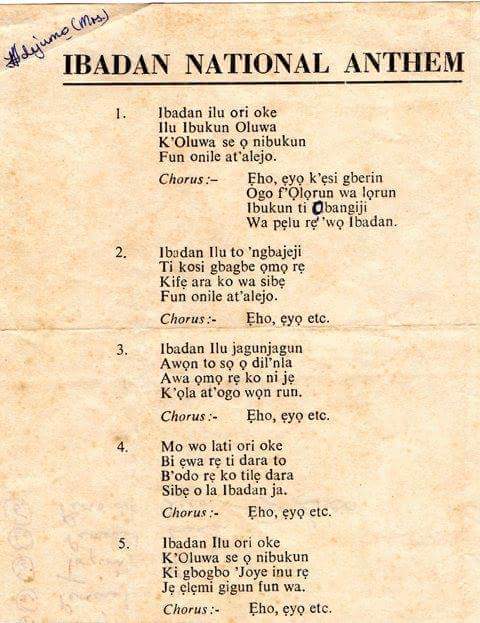
IBADAN IN PICTURES
IBADAN VIDEOS
Donate to a Worthy Course
Your generosity can help alleviate poverty and empower marginalized people in Ibadan. It is through these acts of giving that we can collectively work towards a more just and compassionate society. Every donation, no matter how big or small, has the power to transform lives and inspire positive change. So, join the IDU and donate to a worthy cause today to be a part of something greater than yourself.

